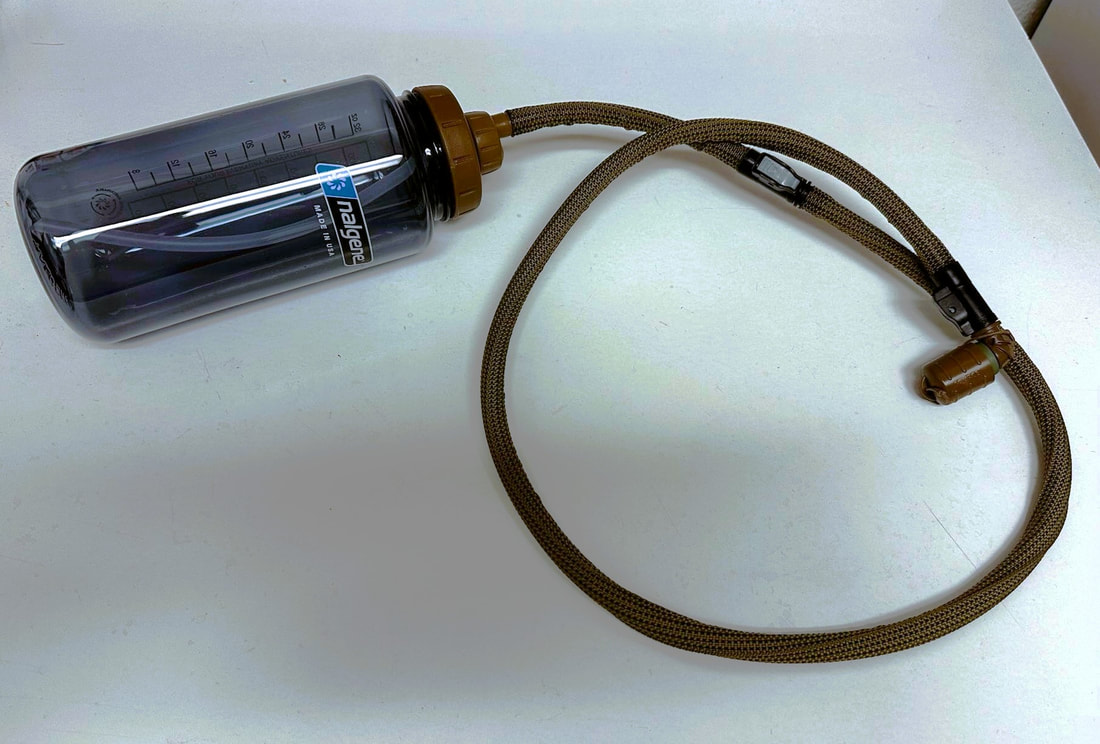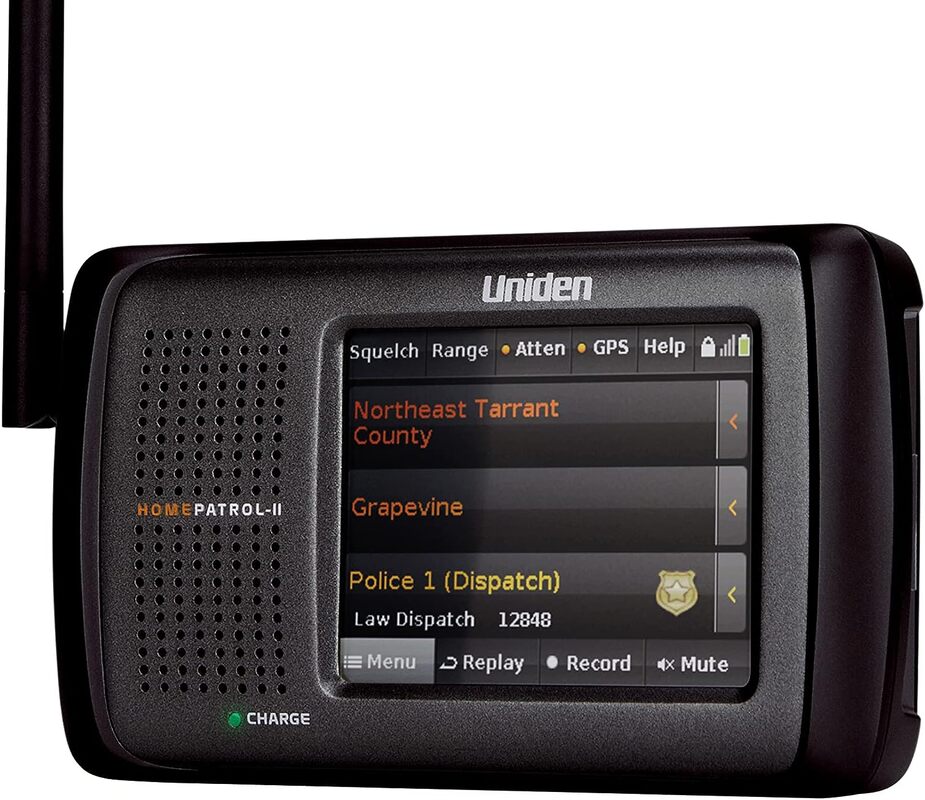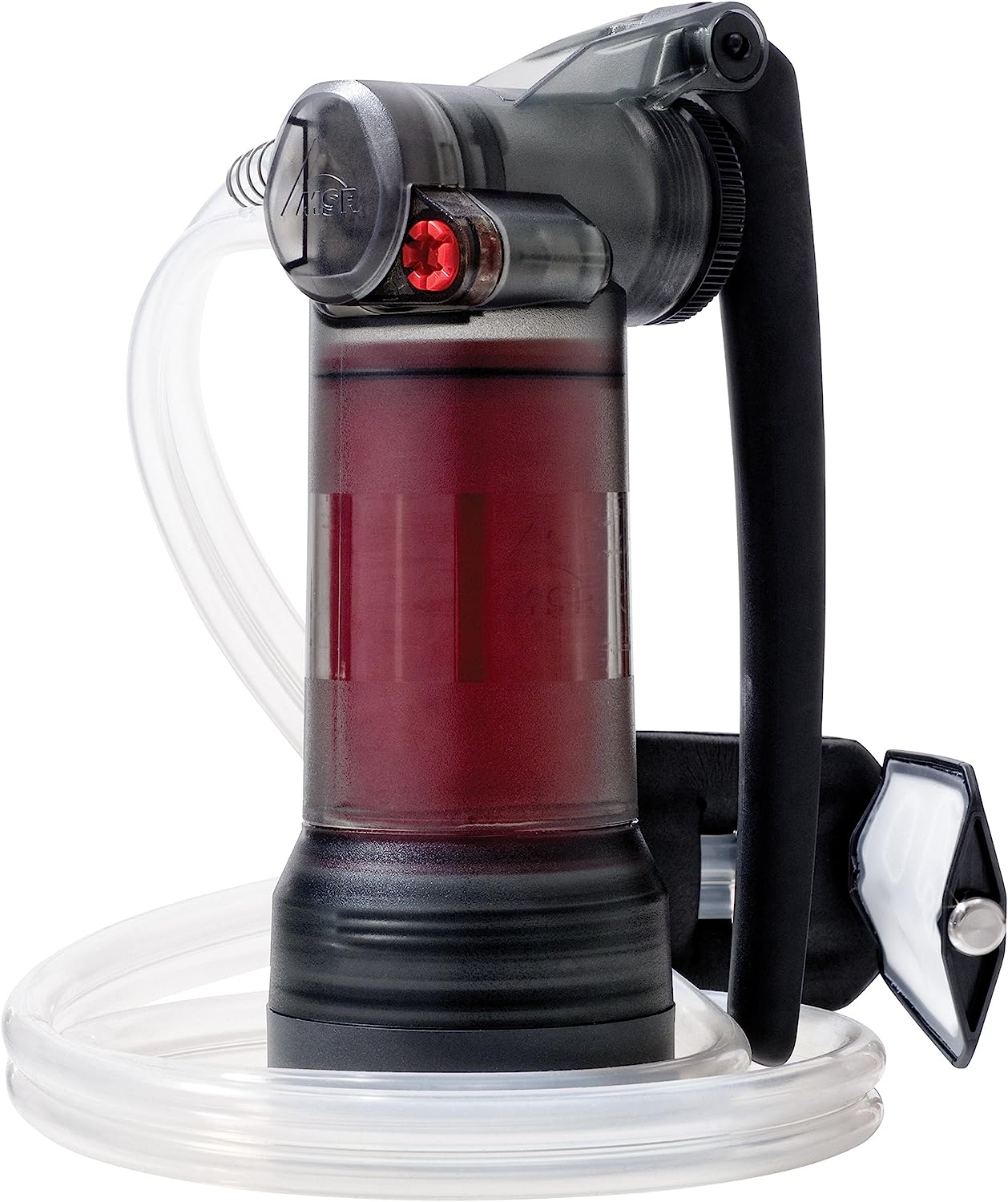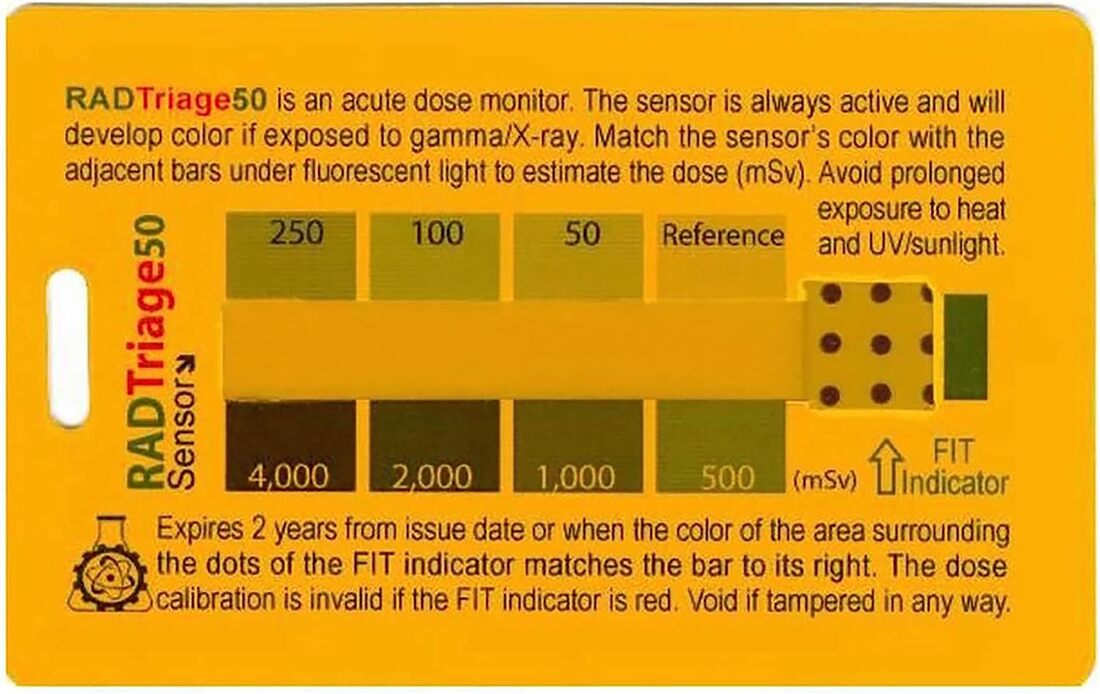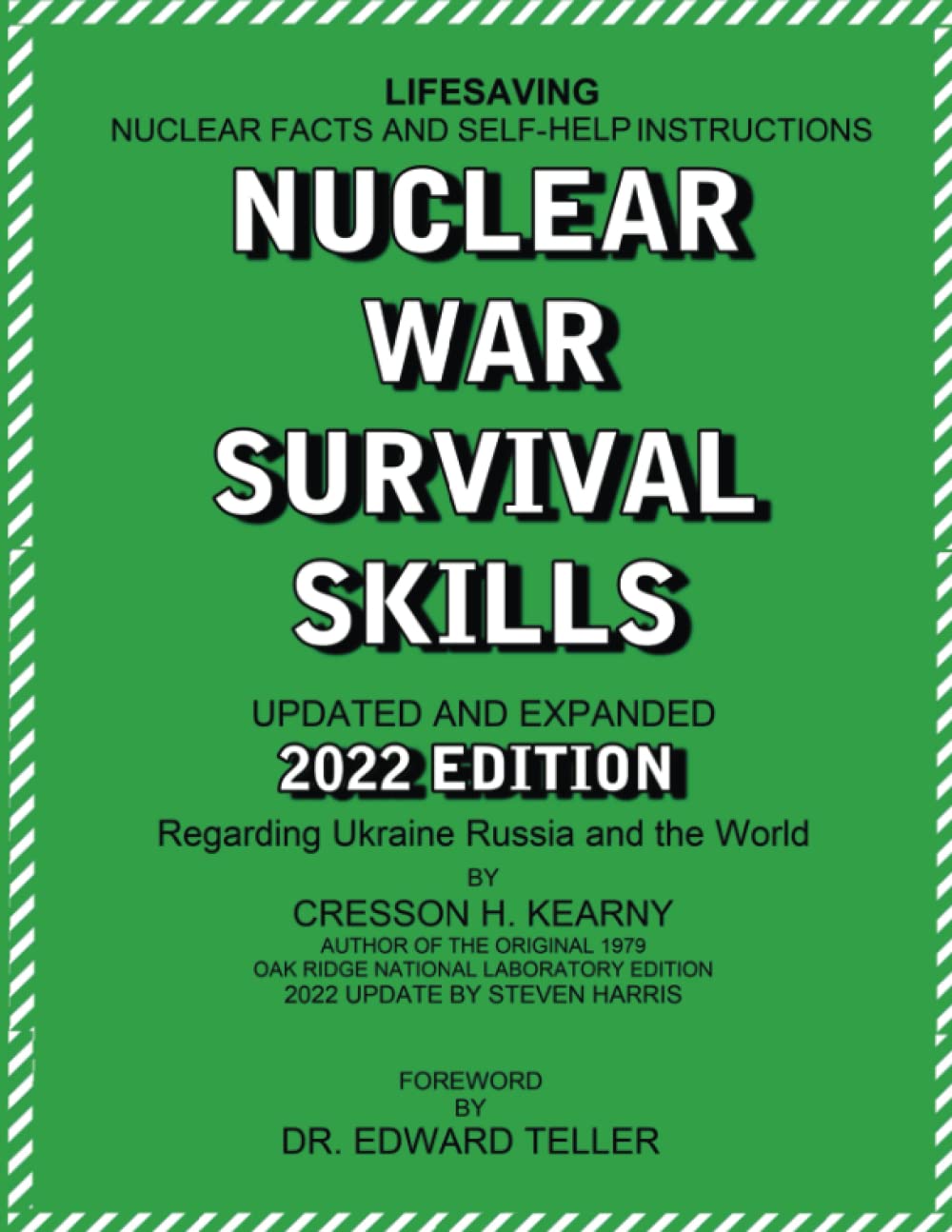|
Note: This is an adapted excerpt from my book Suburban Warfare: A cop's guide to surviving a civil war, SHTF, or modern urban combat. Earlier, we looked at what effect the Christopher Dorner (the ex-LAPD officer who went on an anti-law enforcement rampage) manhunt had on Southern California police. The conclusion I made there is that targeted killing of police, even on a small scale, will have a huge effect on how police operate from day to day. In a SHTF-future, citizens assassinating police will have deep repercussions. In the assassination scenario, cops de-police and don't show up for work. Disasters can have the same effect. During Hurricane Katrina, pretty much all of New Orleans PD deserted or was non-mission capable and looked what happened. "Inner city" Chicago is another live example. However it does shake out, the future is one without police. You will be on your own and you and your neighbors will have to figure out how the peace was kept ages ago. For those unable or unwilling to defend themselves, things will be very bad as they are at the mercy of the bad guys. Prepare for an interim period of street terrorism, rampant crime, and just enough police to catch you. Police officers can go to work in jurisdictions distant from their homes because those officers know that their local cops will be watching over their families. Not personally, of course, but cops just as dedicated will be proactively patrolling and responding to calls. That’s how a cop living in Staten Island can police the Bronx. If local law enforcement is not present at the officer’s home, the odds are greatly reduced that he will be willing to leave his family to give his protection to strangers. This system of trust is what makes modern policing work. Even officers who work for an agency that has within its jurisdiction the officer’s home might not be assigned so as to watch over their own neighborhood. Even then the officer might be too busy to protect his family. So all cops rely on other cops to provide that coverage for their neighborhood. In an emergency that’s so bad that officers cannot trust their local cops to police their neighborhood, officers will not come in to work. Why should a guy from the suburbs commute an hour to risk his life protecting the ghetto while no one from the suburban PD is on the street or answering 9-1-1? Most cops don’t want to live in bad neighborhoods or big cities where they work. They can afford to live in the suburbs or nicer neighborhoods and often do. The areas that are impoverished, have a lot of violence, are outright ghettos, etc. will probably have no policing. If its that bad, no cop is going to risk his life for low-class people in an area infested with gangs, drugs, and crime. Inner cities will become war zones and that disorder will spill over into the lower-middle class and middle-class bordering areas. High-income residential areas will likely be able to purchase police or other protection, whether that is a straight monetary transaction or involves politics. Officers might no-show in a violent precinct but show up for work in a wealthy area. So what does this mean for the average citizen? Areas home to a lot of cops will have a lot of off-duty cops available for neighborhood defense. Their participation will vary. Off-duty officers who don’t work for the local agency will probably not be acting in a public capacity. My suggestion to agencies would be to re-deploy staff to patrol the areas where they live and absorb any non-local officers into the agency structure. If you don’t have a lot of cops where you live, you will need to handle the policing, if your officers are staying home. Here is one example close to me. LAPD officers living in Simi Valley can go to work protecting Los Angeles because they know Simi PD and Ventura deputies will (figuratively) watch over their homes and families when they are gone. This is hugely important because safety in many communities relies on officers that don’t necessarily live there. In large cities or counties, officers who live within their agency’s jurisdiction might not live on the beat they patrol. I’ve been assigned to the beat with my home in it and also worked in an entirely different patrol division across the county. But I knew that if there was a big earthquake or some other Really Bad Thing, even if I was across the county, dudes I could count on were keeping the streets safe at home. Going back to 1992, when the Rodney King riots erupted, this trust in the cops back at home was a big deal. Simi Valley was where the LAPD officers were tried due to a change-in-venue from LA County. I worked with deputies who were present at the courthouse when the acquittal came down and the situation was tense. There were scuffles and a lot of angry people who had to be dealt with, but being 1992 and not 2020, no one burned down the courthouse. Today, Simi Valley would have been ground zero for the riots. Major disruptive protests probably would have already been happening. As it was, Simi Valley and the Ventura County residents that acquitted the officers were accused of being racists. A real worry was that rioters would come up the freeways into Ventura County and cause problems there. LA basin cops had their concerns, but for us in Ventura, no one worried about rioting at home. Rioting began in South Central LA and was generally confined to that area (for various reasons). We did not see opportunistic looting in upscale areas across the LA basin or into other cities as we did in 2020. While there was sympathetic rioting and unrest in other cities across the nation, none of it was to the scale of the George Floyd riots. The relatively confined nature of 1992 meant that local law enforcement could be concentrated on the riots and mutual aid requests could be fulfilled from other California agencies. In 2020, while the rioting went national, mutual aid was still able to be utilized. Most residential areas were safe, as were the suburbs. So while society hadn’t totally collapsed, we did see bad actors exploiting the unrest to loot malls and stores with relative impunity as many major police agencies effectively “stood down.” Using Ventura County again, the Oaks Mall in Thousand Oaks and the Camarillo Outlet Mall (both 40-60 miles west of Downtown LA on US 101) were closed and guarded by deputies. Nothing happened at either, but most cities in Ventura County during that period experienced some form of protest. What I’m getting at is that police resources were not totally strained to the point that areas went without police coverage. A lot of cops in Southern California personally increased their own personal readiness posture at home just in case, but no one called in sick to guard their families. Law enforcement across the country was strained but did not collapse. Officers had trust in their brothers and sisters. In a breakdown of law enforcement this trust goes away. Individual officers are too fearful for their families to leave them undefended. If the world ends, no way is an LAPD cop going to leave his family if he doesn’t absolutely know that a Simi PD black and white will be there for his loved ones. Our own families and our tribe—be that our neighbors, friends, or just our small part of the world—are more important than strangers. Asking a cop to prioritize strangers all the way across town to the actual or potential detriment of his family and tribe is a losing proposition. Without someone keeping the peace in his neighborhood, an officer will struggle to remain attentive and effective at his duties on his beat. Put another way, why does an LAPD officer care about stopping a riot in the ghetto when rioters are driving up to Simi Valley and invading homes without police intervention? Again, a collapse of policing hasn’t really been seen in America. During the George Floyd riots, police, usually for political means, didn’t intervene to stop the thefts and vandalism. Yet riots were somewhat contained (usually) and ordinary law enforcement and police protection went on elsewhere. 9-1-1 was still working. During Hurricane Katrina, we did see officers totally desert or abrogate their duties. In the latter situation, could one fault an officer staying home to protect his house and family knowing that there was a very low chance other cops would respond? Major factors in police desertion will be conservation/gathering of resources and personal/family safety. A cop is not going to want to burn 10 gallons of fuel he may not get back driving forty miles from the high desert to downtown LA. Likewise, someone who is struggling to find enough food to keep his family from starving isn’t going to want to divert the hours necessary for that to perform a job that isn’t guaranteed to put food on the table. Public employees in the emergency services or critical public works should be relocated to staff facilities and stations as near their homes as possible. This will reduce transportation expense and time should fuel sources, etc. be constrained. Employees will also feel that their efforts are more related to the survival of their families, friends, and themselves if they are working in or near where they live. Police will not want to leave their loved ones to fend for themselves while he provides security for strangers; the officer would rather stay home and provide direct protection than trust some other officer who might or might not be there for him. The officer might not be guarding his house, but if he’s not far away, he can respond home and also provide area protection that benefits him, his family, and his community. Simply said public servants care more if they feel they’re working for their neighborhood. First responders will not put their or their family’s survival behind that of the public. The safety and survival of families are as vital of that as the officers, medics, and fire fighters for an agency to continue to be viable post-catastrophe. If you want an overly-optimistic idea of what post-SHTF (EMP, in this case) policing might look like in a worst-case scenario, I wrote two novels on the topic. Comments are closed.
|
Author Don ShiftDon Shift is a veteran of the Ventura County Sheriff's Office and avid fan of post-apocalyptic literature and film who has pushed a black and white for a mile or two. He is a student of disasters, history, and current events. Archives
May 2024
Categories
All
As an Amazon Associate I earn from qualifying purchases.
|
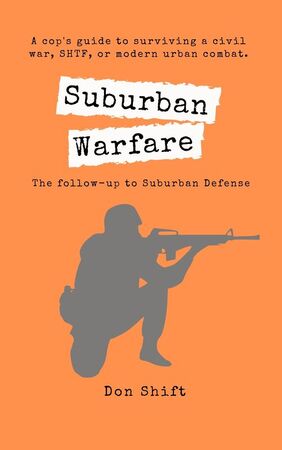
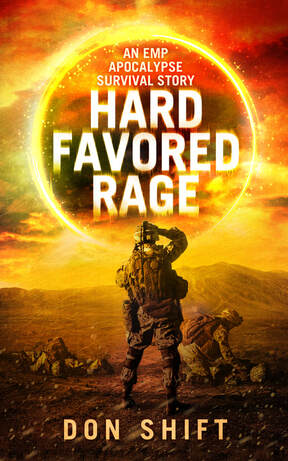
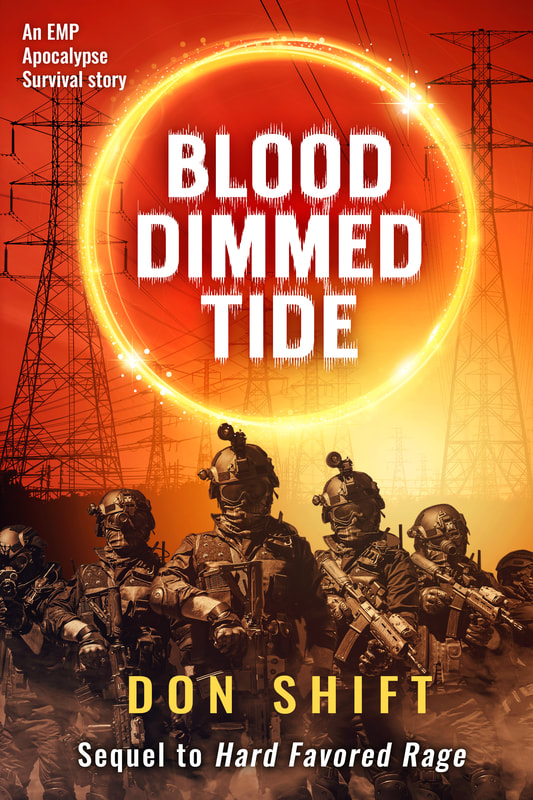
 RSS Feed
RSS Feed
